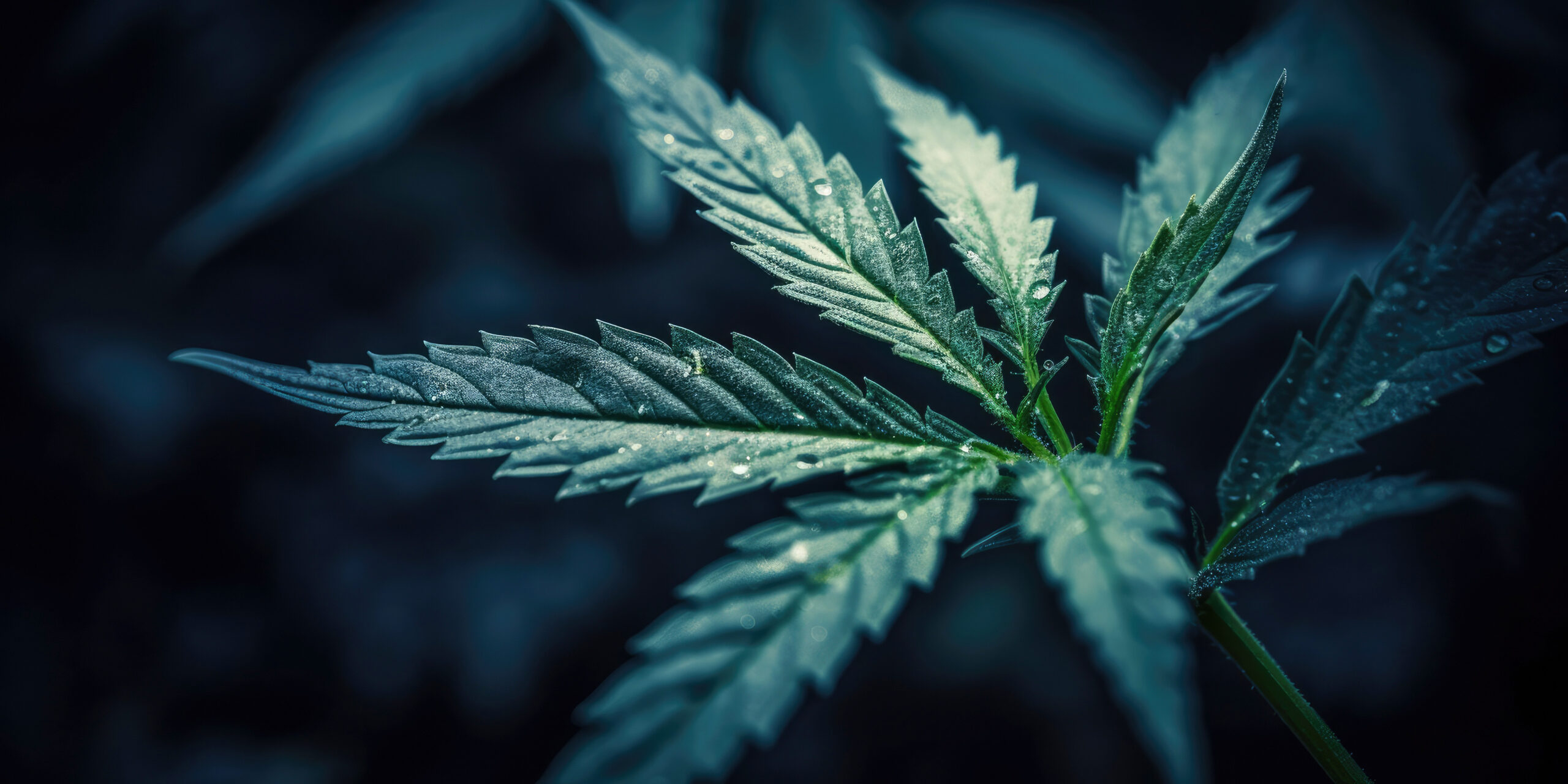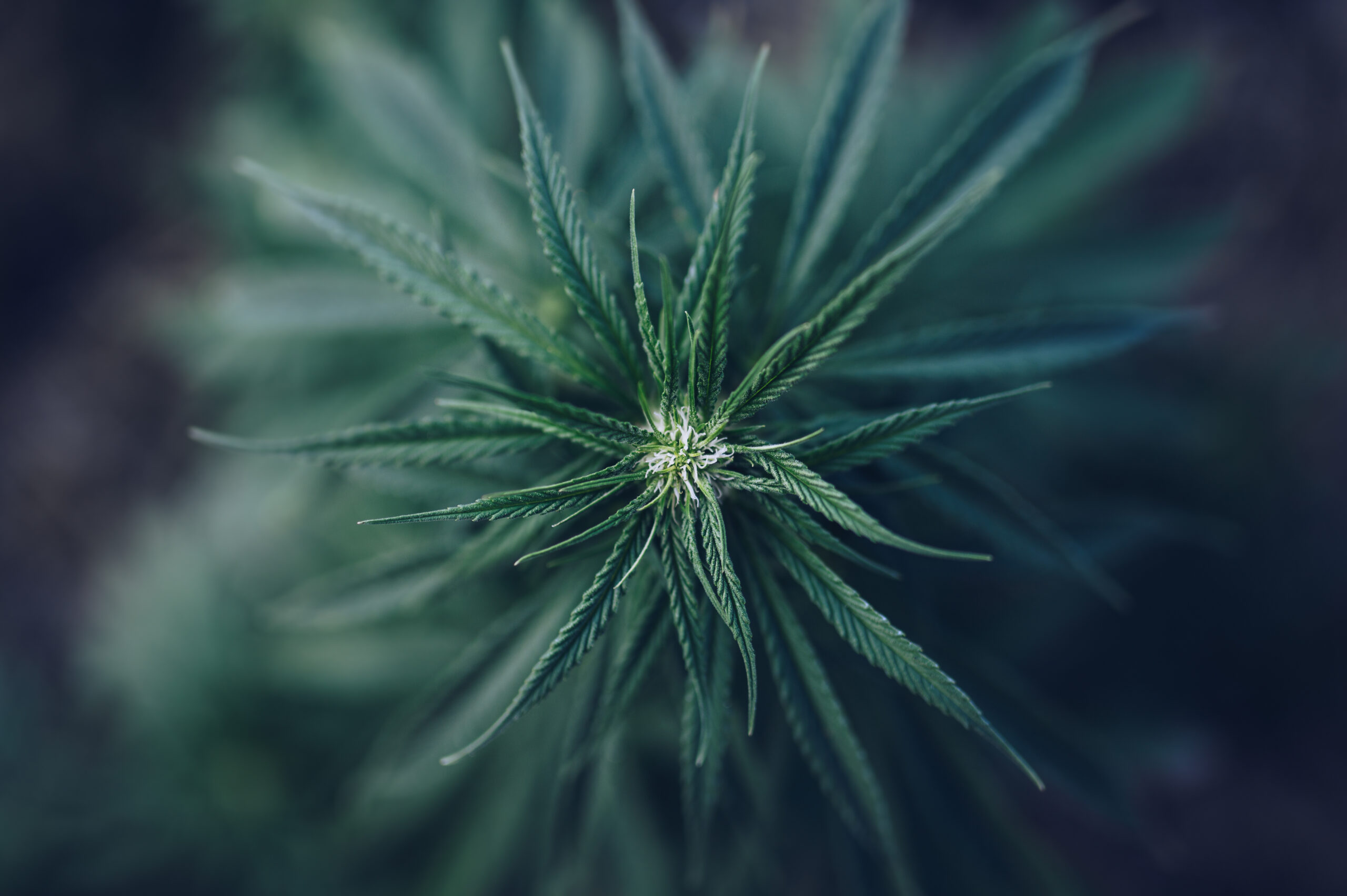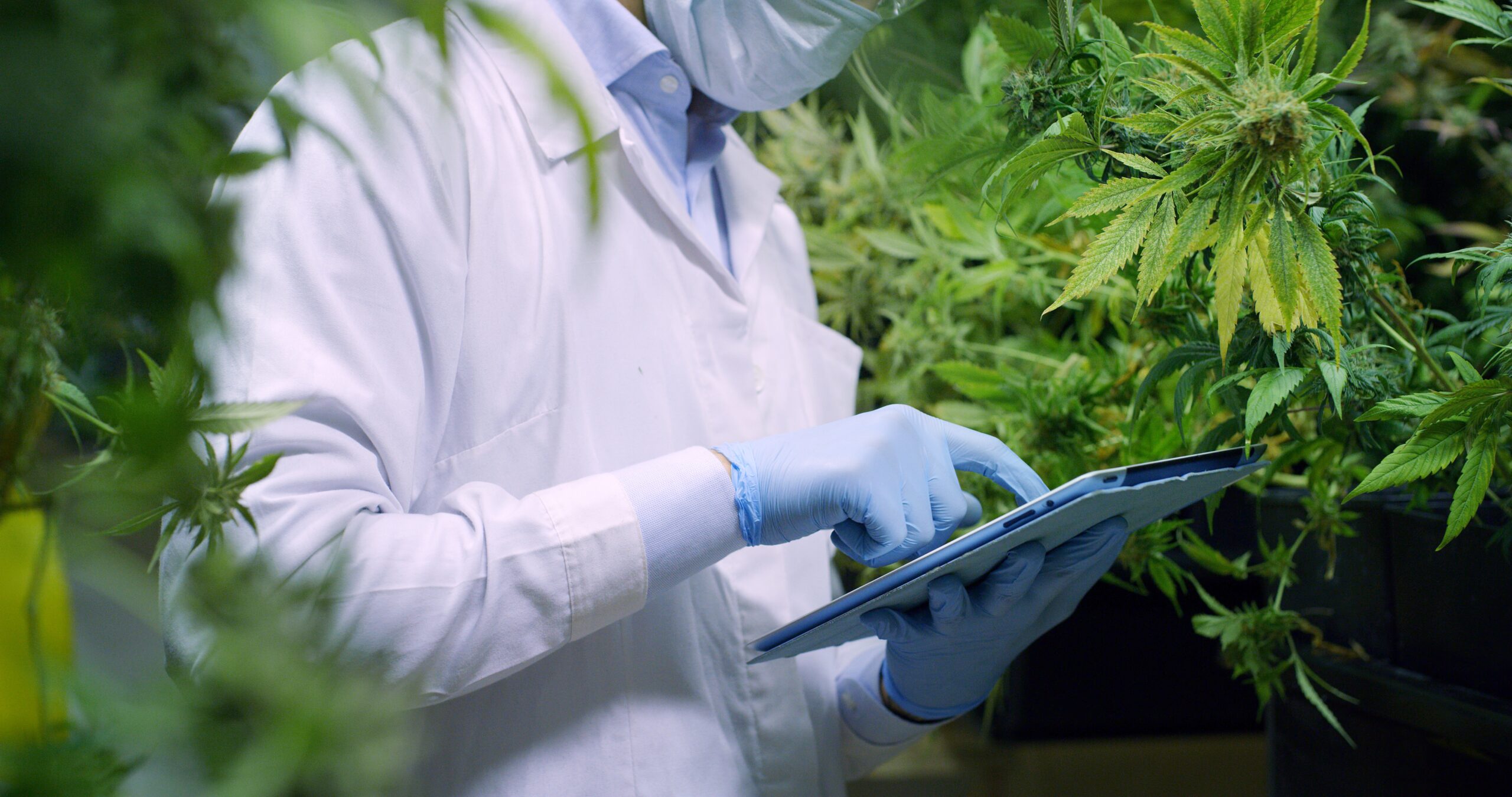FDA Approves Groundbreaking Cannabis Study for Veterans with PTSD
The FDA’s recent approval of a comprehensive cannabis study targeting veterans with PTSD marks a pivotal moment in the evolving landscape of medical cannabis. This landmark decision not only underscores the growing recognition of cannabis as a legitimate therapeutic option but also highlights the urgent need to support veterans grappling with the debilitating effects of post-traumatic stress disorder (PTSD).
The Significance of the FDA’s Approval
After years of advocacy and scientific lobbying, the FDA has greenlit a large-scale study focusing on the efficacy of cannabis for PTSD among veterans. This study will involve over 300 participants, providing a robust dataset to evaluate cannabis’s potential benefits. The approval signals a shift towards evidence-based acceptance of cannabis in medical treatment protocols, especially for conditions like PTSD where traditional therapies often fall short.
Understanding Medical Cannabis for PTSD
Why Medical Cannabis is Effective
Medical cannabis has shown promise in alleviating PTSD symptoms, including anxiety, insomnia, flashbacks, and mood disturbances. Unlike conventional pharmaceuticals, which can carry severe side effects, cannabis offers a natural alternative that may provide relief with fewer adverse reactions. Veterans, in particular, stand to benefit significantly due to the high prevalence of PTSD within this community.
Target Keyword: Medical Cannabis for PTSD
Secondary Keywords: Cannabis for veterans, PTSD treatment with cannabis, medical marijuana for PTSD
Related Keywords: Veterans mental health, cannabis research, PTSD therapies, cannabis efficacy
What Makes This Study Unique?
This FDA-approved study is set apart by its rigorous design and scale. Incorporating a diverse participant pool ensures comprehensive data reflecting real-world applications. Additionally, the study will explore various cannabis strains and dosages, providing nuanced insights into what works best for PTSD patients.

Frequently Asked Questions About Medical Cannabis and PTSD
1. How does cannabis help with PTSD?
Cannabis interacts with the endocannabinoid system, which plays a role in regulating mood, sleep, and stress responses. This interaction can reduce anxiety, improve sleep quality, and decrease the frequency of traumatic flashbacks.
2. Is cannabis safe for veterans with PTSD?
While individual responses vary, many veterans report significant symptom relief with minimal side effects. Ongoing research aims to establish standardized safety guidelines.
3. Can veterans legally access medical cannabis?
Yes, veterans can access medical cannabis in states where it is legal. Under the Texas Compassionate Use Program (TCUP), veterans with qualifying conditions, including PTSD, may be eligible for medical cannabis prescriptions.
Scientific Evidence Supporting Medical Cannabis
Numerous studies have highlighted the potential of cannabis in treating PTSD. A 2020 study published in Frontiers in Psychiatry demonstrated that cannabis users reported a reduction in PTSD symptoms compared to non-users. Moreover, the Multidisciplinary Association for Psychedelic Studies (MAPS) has been at the forefront of cannabis research, advocating for its therapeutic potential.
Read more about the FDA-approved study here.
Take the Next Step: How Hill Family Cannabis Can Help
At Hill Family Cannabis, we are committed to supporting veterans in their journey towards mental health and well-being. If you are a veteran struggling with PTSD, you may qualify for medical cannabis under the Texas Compassionate Use Program (TCUP). Contact us today to learn more about your eligibility and how medical cannabis can be part of your treatment plan.





